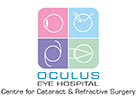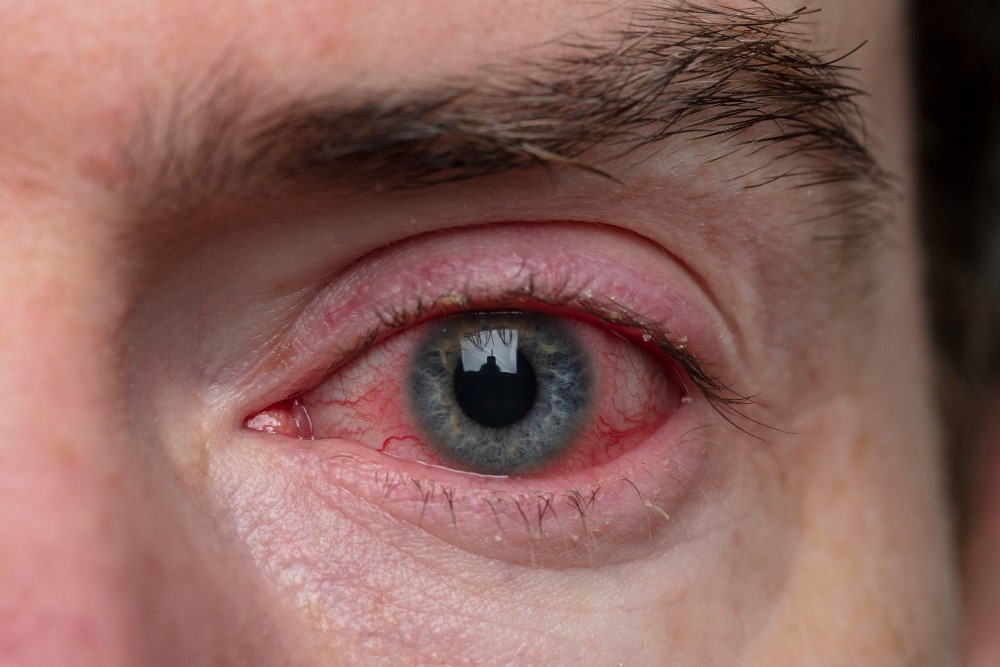Have your eyes ever felt itchy and watery, especially during certain seasons or in dusty areas? You might be experiencing allergic conjunctivitis. It’s when the lining of your eyelids reacts to allergens like pollen or dust. Understanding what allergic conjunctivitis means is crucial as it helps differentiate this condition from other eye issues. By learning about its causes, symptoms, and relief methods, we can better manage and prevent it, leading to clear and comfortable eyes. Let’s delve deeper.
Understanding Allergic Conjunctivitis: Causes and Symptoms
What exactly does allergic conjunctivitis mean? It’s a condition where your eyes have an allergic reaction, similar to how some people sneeze or have a runny nose because of allergies. The main allergic conjunctivitis cause is exposure to allergens like pollen from trees or flowers, dust mites that live in your home, or even tiny particles from pet fur, commonly known as pet dander.
When these common allergens bother your eyes, you’ll start experiencing discomfort. What symptoms should you look out for? Here’s what happens:
- Your eyes might feel itchy, and you might have the urge to rub them constantly.
- They could become watery, like they’re crying without you being sad.
- Your eyelids or the area around them may swell and look red.
- You could feel a burning sensation in your eyes.
- Sometimes, it might seem like you have stuff in your eyes, even when nothing is there.
It’s really important to recognize these signs of allergic conjunctivitis. Many of these symptoms might seem similar to other eye problems, but the triggers and treatment can be different. Knowing what you’re dealing with can help you find the right allergic conjunctivitis treatment.
Is anyone more prone to allergic conjunctivitis? It appears frequently in both children and adults, but those with a family history of allergies, asthma, or eczema might notice it more. It doesn’t just affect your eyes; it can impact daily activities, making reading, watching TV, or even being outdoors unpleasant.
Finding Relief: Home Remedies and Practical Lifestyle Tips
Thankfully, there are simple ways to alleviate the symptoms of allergic conjunctivitis and make life more comfortable. One essential tip is to keep your living space clean. Regularly dust and vacuum to minimize the presence of allergens like dust mites.
Here are some useful allergic conjunctivitis remedies:
- Cold Compress: Applying a cold, damp cloth to your eyes can soothe itchiness and swelling.
- Artificial Tears: These can help wash away allergens and keep your eyes moist.
- Staying Indoors: On high pollen days, try limiting time outside. If you must go out, wearing sunglasses can provide an extra shield.
Diet also plays a role. Foods rich in omega-3 fatty acids, like fish, can reduce inflammation, providing more sustained allergic conjunctivitis relief. Also, supplements like vitamin C can boost your overall immune response.
Medical Treatments and Professional Guidance
When home remedies fall short, allergic conjunctivitis drops are readily available over the counter. These drops are designed to reduce irritation and can be a lifesaver during allergy season. However, always follow the guidelines on the packaging for safe use.
If symptoms persist or worsen, seeking professional help is wise. Here are a few situations when you should consider calling a doctor:
- Persistent Discomfort: If your symptoms do not go away or continue to get worse.
- Impaired Vision: Any changes to your vision should be checked promptly.
- Physical Changes: When your eye changes color, or you notice unusual discharge.
A doctor may recommend allergic conjunctivitis medication that’s stronger than what you can buy on your own. Prescription ointments or eye drops might be suggested for more severe cases. These professional interventions can offer targeted allergic conjunctivitis treatment that can control symptoms more effectively than general over-the-counter options.
Prevention and Long-term Management of Allergic Conjunctivitis
Prevention is often better than cure. Keeping away from known allergens is the best allergic conjunctivitis prevention strategy. Here are some helpful tips:
- Environmental Control: Use air purifiers to remove airborne particles.
- Keep Windows Closed: Especially when pollen levels are high.
- Hypoallergenic Bedding: Consider using these options to minimize dust mites.
Clearing up allergic conjunctivitis meaning can help prevent unnecessary concerns. Sometimes people mistake it for an infection that can spread, but it isn’t contagious. It’s merely your body’s allergic response.
Managing allergic conjunctivitis long-term means adopting lifestyle changes that prevent flare-ups. For example, wearing sunglasses outdoors and regularly washing your hands and face can make a significant impact on reducing the occurrence. In addition, using allergic conjunctivitis management techniques like keeping a diary can help pinpoint specific triggers you might not have realized were affecting you. These changes support both your eyes’ health and your overall wellbeing.
In conclusion, dealing with allergic conjunctivitis doesn’t have to be daunting. By understanding its causes, recognizing the symptoms, and applying simple remedies and medical treatments, you can lead a more comfortable life. Adopting preventive measures can significantly reduce the likelihood of flare-ups, allowing your eyes to enjoy a clearer, itch-free future.


